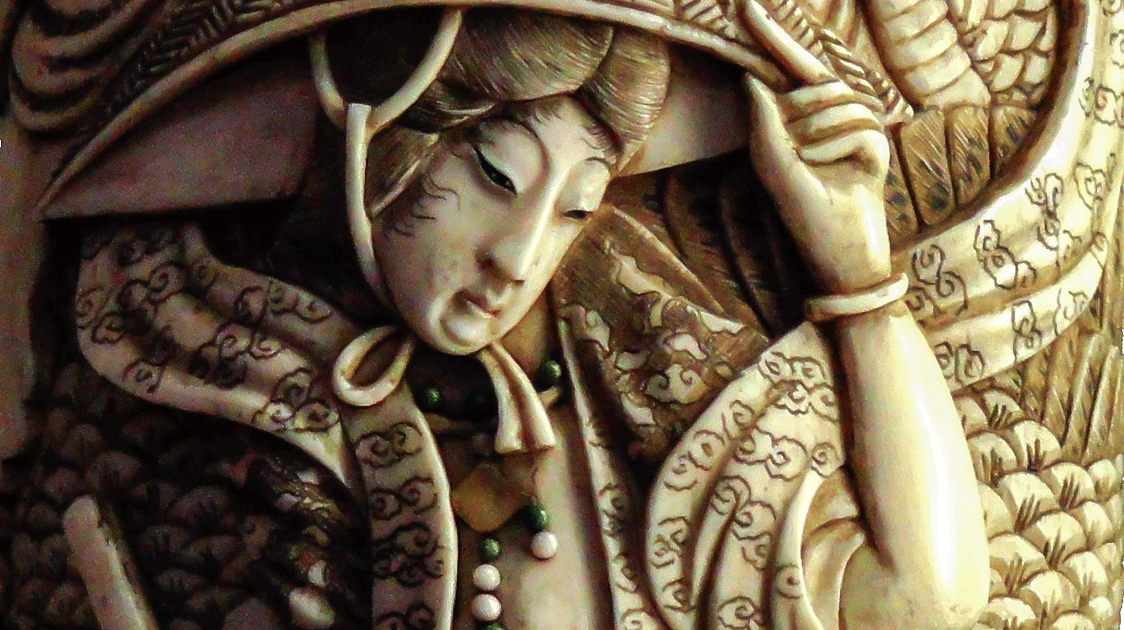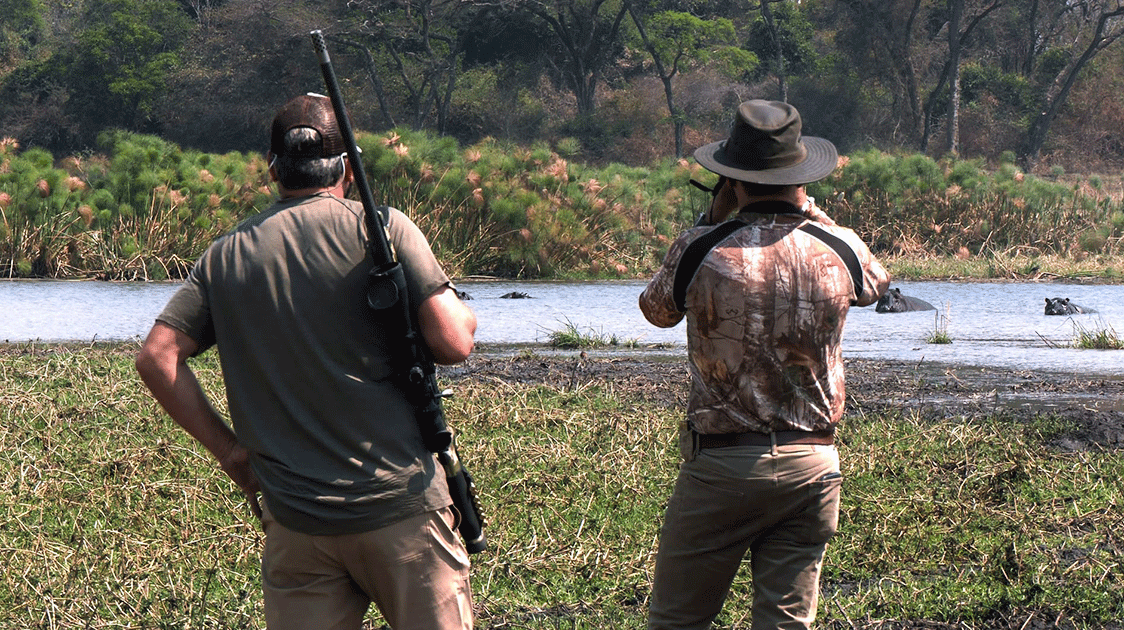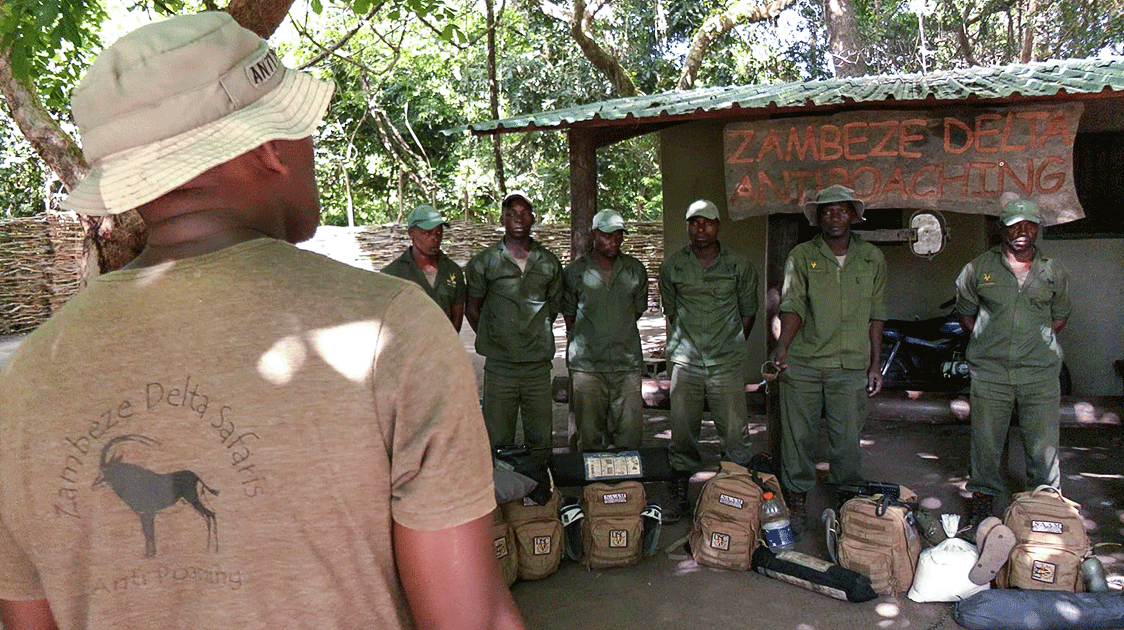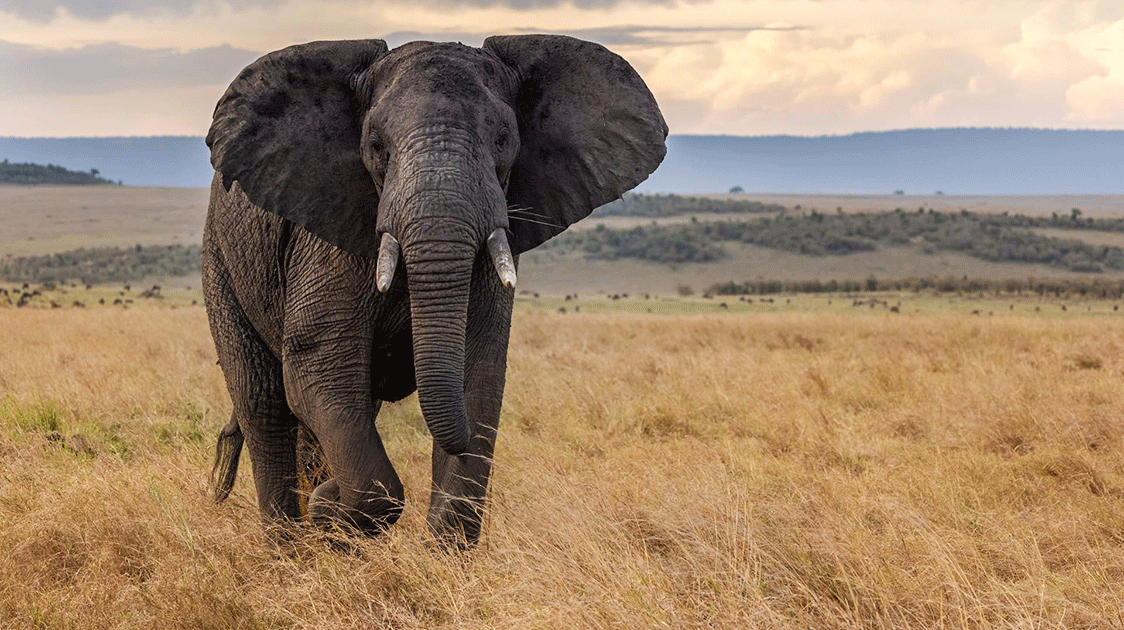Using Trade to Counter Poaching (5-minute Video)

Trade bans don't stop poaching. The issue is that a powerful NGO anti-use lobby comprising many interest groups generates funding from these trade bans.
They campaign to raise money to "save the elephant" by ensuring a ban on the ivory trade remains. Their narrative is that no legal trade will reduce demand and stop poaching. This belief flies in the face of all the empirical evidence available.
The MIKE program, which monitors elephant poaching, has shown huge increases beginning in about 2008 after a moratorium was put on allowing any proposals to sell legal ivory.
Since then, the largest legal market in the world, China, closed, and the second largest, the USA, also closed.
And yet, the poaching has been maintained at a constant rate.
A much bigger problem than poaching is conserving the habitat for elephants and wildlife in general. With Africa's massive human population growth, wildlife competes with alternative land uses such as agriculture and livestock. With this comes the degradation of the forests and the bush and the loss of wildlife.
Creating a rural wildlife economy is the only way to stop this process.
People will look after plants and wildlife if an economic value is placed on them.




Comments ()